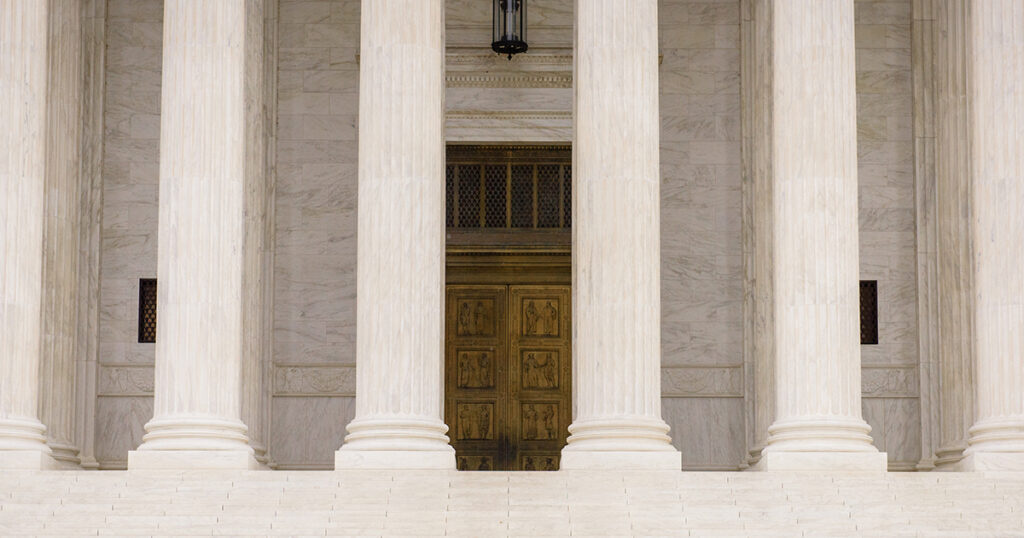Superstition: The belief that one event caused an unrelated event. Often tied up with false beliefs about God and His work in the world, superstitions take up residence in our minds subconsciously and become a source of comfort and trust.
Some superstitions appear to do little harm. What’s really the problem with saying “good luck” or “knock on wood”? Just as idols are not real gods, “luck” is not an actual thing and cannot be good; knocking on wood does not prevent bad things from happening. But it seems to me that those subconscious superstitions might be the most problematic. Rather than finding comfort and assurance in God’s Word and Christ’s work for us, we turn to verbal tics and culturally conditioned clichés to soothe our anxious minds.
If you do not believe me, pick your superstition of choice and stop saying it or doing it for a week. Was it hard?
Any solace apart from Christ’s redeeming work is idolatry. You might find your comfort in superstition or scientism, but, as Dr. Bombaro tells us in this issue, both of them grow out of the fear resulting from our inability to control the world around us. Stacey Egger explains the background to many of the most common superstitions and warns about the rise of astrology. Dr. Francisco shows how the language and philosophy of the New Age movement, far from disappearing, has infused our culture and thought. It is also possible that we might treat angels superstitiously; the Rev. Dreyer corrects some of these false beliefs about angels and demons. Finally, Dr. Arand helps us to pray in godly ways rather than treating prayer as a magical tool to coerce God to our will.
Whether superstition or false belief, let’s repent and turn to the Lord. We fear, love and trust in Him above all things. And He provides as He has promised and in accordance with His will.
Confident in Jesus,
Roy S. Askins
Managing Editor, The Lutheran Witness






